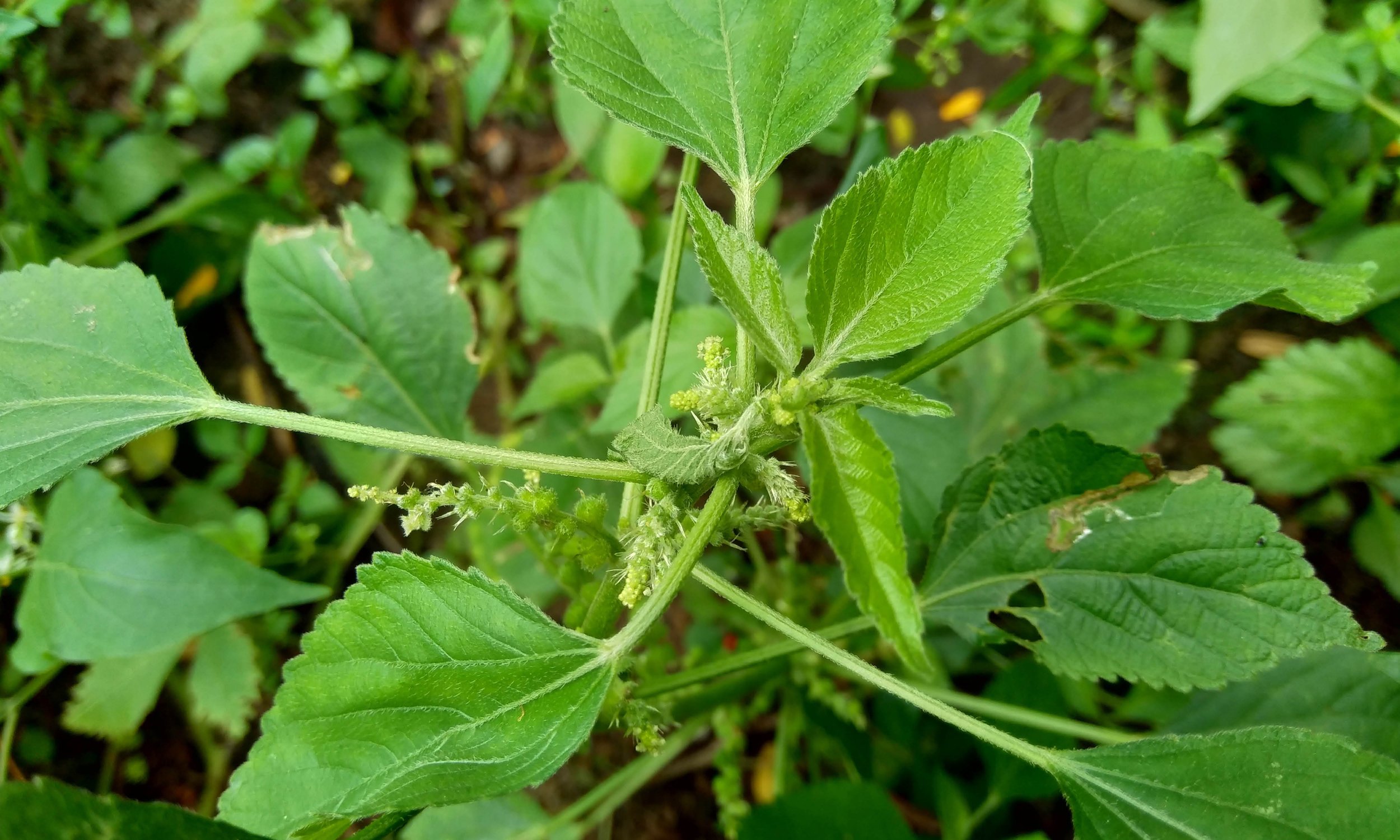Buzz Off: Plants to Repel Mosquitos and Bugs
The mosquito is often referred to as Minnesota's unofficial state bird. The insect thrives in warm, wet conditions and is a common creature in the state. How can you enjoy the great outdoors during the most beautiful time of the year while retaining your sanity (and skin)?
Our plant professionals at The Garden Center at Copper Creek in Nisswa can provide you with a natural route on the road to repelling mosquitoes and other flying pests. There are several plants known for their bug and mosquito-repellent properties. Here are a few effective ones:
Basil
Description: A culinary herb with a strong aroma.
Uses: Repels mosquitoes and houseflies.
Sure, basil is a staple for pesto and tomato-based dishes, but it has another purpose of helping ward off pesky flying insects. Speaking of delicious dishes, garlic is another aromatic plant that will keep those rascals away, and you’ll have your own supply of garlic to add to your cooking.
Catnip
Description: A member of the mint family known for its effects on cats.
Uses: Contains nepetalactone, which repels mosquitoes more effectively than DEET.
While cats can’t seem to get enough of it, catnip contains an odorous essential oil called nepetalactone that attracts felines but is more powerful than insect-repellant in warding off mosquitos.
Citronella
Description: A leafy plant commonly used in insect-repellent candles and sprays.
Uses: Effective in repelling mosquitoes.
Citronella is a beautiful perennial plant that grows in clumps five- to six feet tall and gives off a strong odor. It’s easy to grow in your yard, and the scent is more powerful than most repellents you can buy.
Lavender
Description: A fragrant herb with purple flowers.
Uses: Repels moths, fleas, flies, and mosquitoes. It can also be used to scent clothing and linens.
While fragrant to humans, the smell of Lavender is offensive to mosquitoes. Consider planting it in pots or the garden near doors, windows, and patio areas.
Lemongrass
Description: A tall, grassy plant with a lemon scent.
Uses: Contains citronella, which repels mosquitoes.
Lemongrass is used extensively as a natural mosquito repellent. This grassy plant contains citronella that helps mask the scents that mosquitoes rely on to target hosts: carbon dioxide and lactic acid. Lemon-scented geraniums are also good to grow near your patio area and are similar to citronella. Lemon Balm is another perennial that has a fragrant lemon scent and also has a hint of mint. It has white flowers in the summer that attract pollinators and drive away insects.
Marigold
Description: Brightly colored flowers, often yellow, orange, or red.
Uses: Repels mosquitoes, aphids, and other pests.
An old flowering staple in the garden, marigolds have a smell that we all can relate to. The scent comes from a substance called pyrethrum and is unappealing, especially to mosquitos. According to the University of Minnesota Extension, Marigolds deter not only mosquitos, but they can keep deer, rabbits, and many other garden pests away.
Mint
Description: A fast-growing herb with a fresh scent.
Uses: Repels mosquitoes, ants, and other pests. Be careful, as mint can become invasive in gardens.
The U of M says peppermint, specifically, has been proven to offer repellent action when applied to exposed skin. Mosquito larvae were killed within 24 hours after exposure to a solution of peppermint oil and water.
Petunias
Description: Brightly colored flowers available in many varieties.
Uses: Repels aphids, tomato hornworms, and other insects.
Surprisingly, these beautiful flowers aren’t quite so desirable to many bothersome bugs. Another upside of planting petunias is creating landscapes that provide habitat for bees, butterflies, and other beneficial insects.
Rosemary
Description: A woody herb with needle-like leaves and a strong scent.
Uses: Repels mosquitoes and other insects. It can also be used in cooking.
According to the University of Minnesota, Rosemary is not only a great flowering plant that you can keep indoors or outdoors, but the piney scent of rosemary will run the mosquitos away. When you want to gather around your fire pit, toss some of the leaves into the fire, and the aromatic smoke it gives off adds a nice aroma for us, but it is strong and unpleasant to the insects.
Sage
Description: A herb with soft, gray-green leaves.
Uses: Burning sage can repel mosquitoes.
Sage contains natural compounds that mosquitoes find repulsive, making it a useful plant for keeping them away. Planting sage in your garden or burning dried sage leaves as incense can help deter mosquitoes and create a mosquito-free environment.
Tips for Using These Plants:
The best bang for your bugs, is to plant these around outdoor seating areas, doorways, and windows. Many of these plants can be grown in pots, making them versatile for different spaces.
Another thing to consider is companion planting. Think of companion planting as comingling. Companion plants work to help manage insects, along with many other benefits. Plants can emit odors that either repel insects, attract them, or simply mask the odors of other plants. Integrate them into your garden beds to protect other plants. By incorporating these plants into your garden or outdoor spaces, you can naturally reduce the presence of bugs and mosquitoes and enjoy the beautiful days to come. Take advantage of the Copper Creek Garden Center team’s expertise to tend to your gardening needs. Or stop in and walk through our ever-growing greenhouse to find the perfect plants for your home and garden.
Sources:
https://extension.umn.edu/news/shopping-plants-spring
https://extension.umn.edu/planting-and-growing-guides/companion-planting-home-gardens










